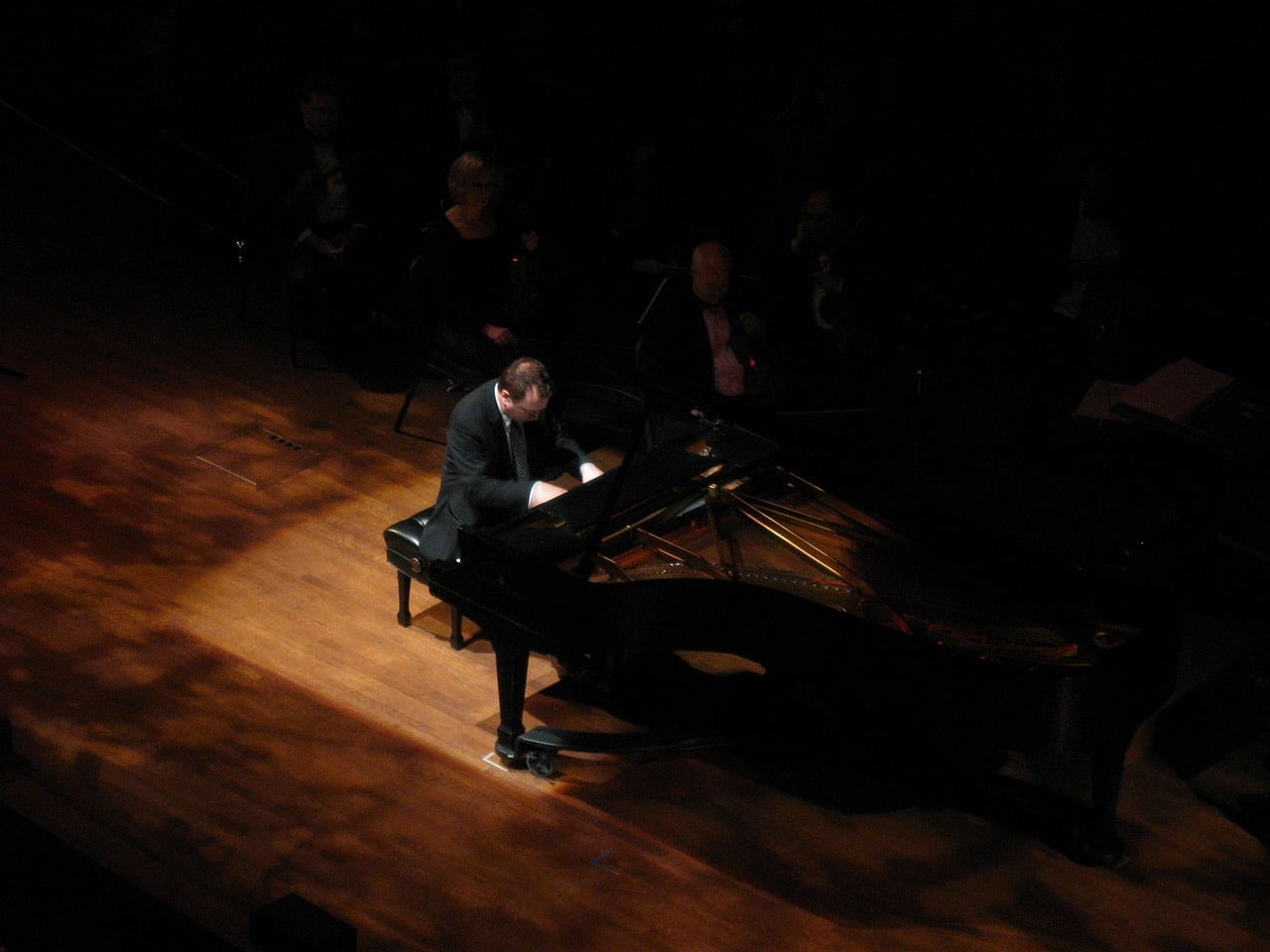
Prestige is associated with reputation and renown.
Prestige is the renown , reputation , prominence or good credit of someone or something. In ancient times, however, the concept - coming from the Latin praestigĭum - had a negative and pejorative meaning.
Prestige, in another historical context, referred to arrogance , pomposity and affectation . Its etymological root was linked to deception and trick. A conjurer, in this sense, is someone who does tricks and manages to fool people.
Hence, prestige is also considered a term that is used, although less and less, to refer to the fascination that a magic act or a trick performed by a professional of this type causes among the public. A good example of this is when those attending a magic show are left with their mouths open when they discover that the magician or conjurer has made a person disappear or has managed to escape from a box.
Prestige and high esteem
Over time , the notion of prestige acquired a positive connotation. Today the concept is used to indicate high esteem . Having prestige or being prestigious is something that every person or entity aims for, since it implies good consideration from the rest of society .
A person has prestige when he stands out in his professional field. Prestige is built over the years, by showing signs of honesty and capacity. For example: "The tennis player once again demonstrated his prestige by beating the last Roland Garros champion in just an hour and a half of play" , "The band's prestige is safe thanks to a new high-level album" , "The writer has squandered his prestige with his latest books .
We could establish that admiration , respect and trust combine for someone to become prestigious. In any case, the profession or trade in question also affects the conception. A plumber may be reliable and a guarantee of a job well done, but he is hardly considered prestigious on a social level.
Events and things can also have prestige: "This film festival enjoys great prestige among filmmakers and actors on the continent," "The historic Fiat model enjoys prestige among classic car lovers."

Prestige can be associated with the admiration that an artist generates.
The term in the language
In addition to all this, we would have to make it clear that the term in question also has a variant in the field of language. Thus it is common to talk about what is known as sociolinguistic prestige , which is the acceptance and respect that speakers of a dialect have for its varieties and its forms.
In the same way, the existence of what is known as covert prestige should not be overlooked. In the field of linguistics, this word is used to refer to that positive consideration that is carried out to mark a differentiation in terms of gender, social or sexual, among others.
In this way, an example of this type of prestige is that which is based on colloquial and foul language to make clear the admiration or value of a person or thing. A good example of this is that in Spain it is common to use the expression "what a bastard!" to refer to someone being very good at a sport, at a job or personally.
